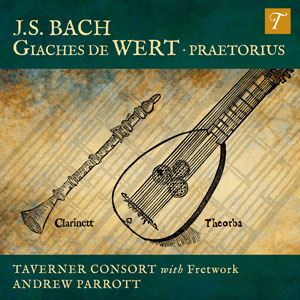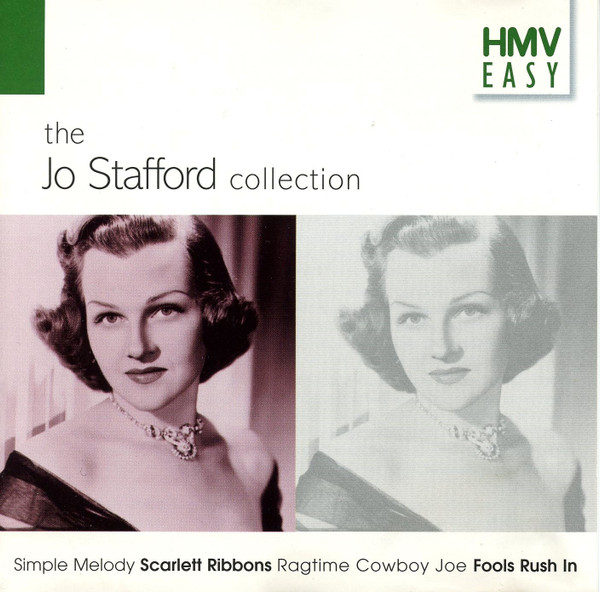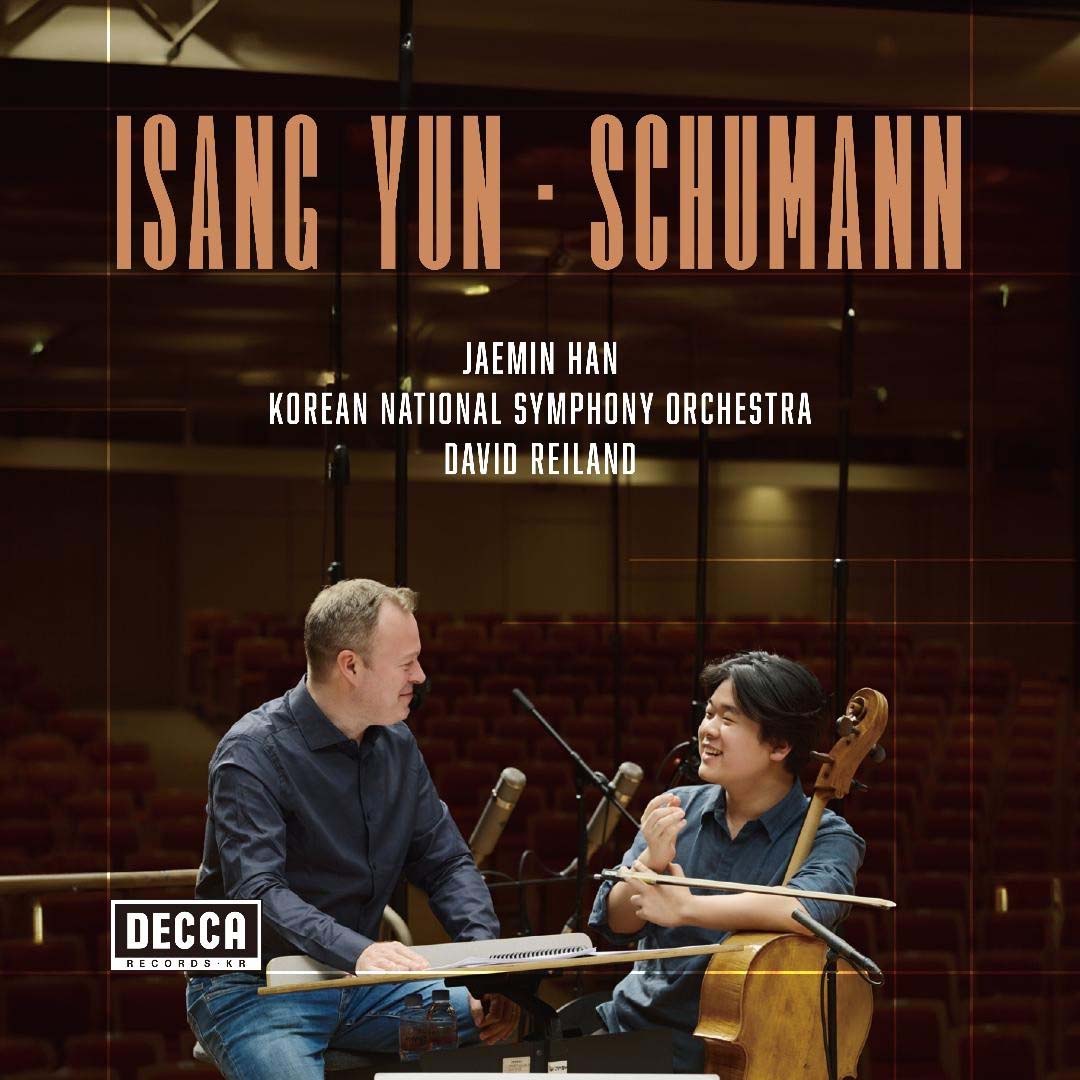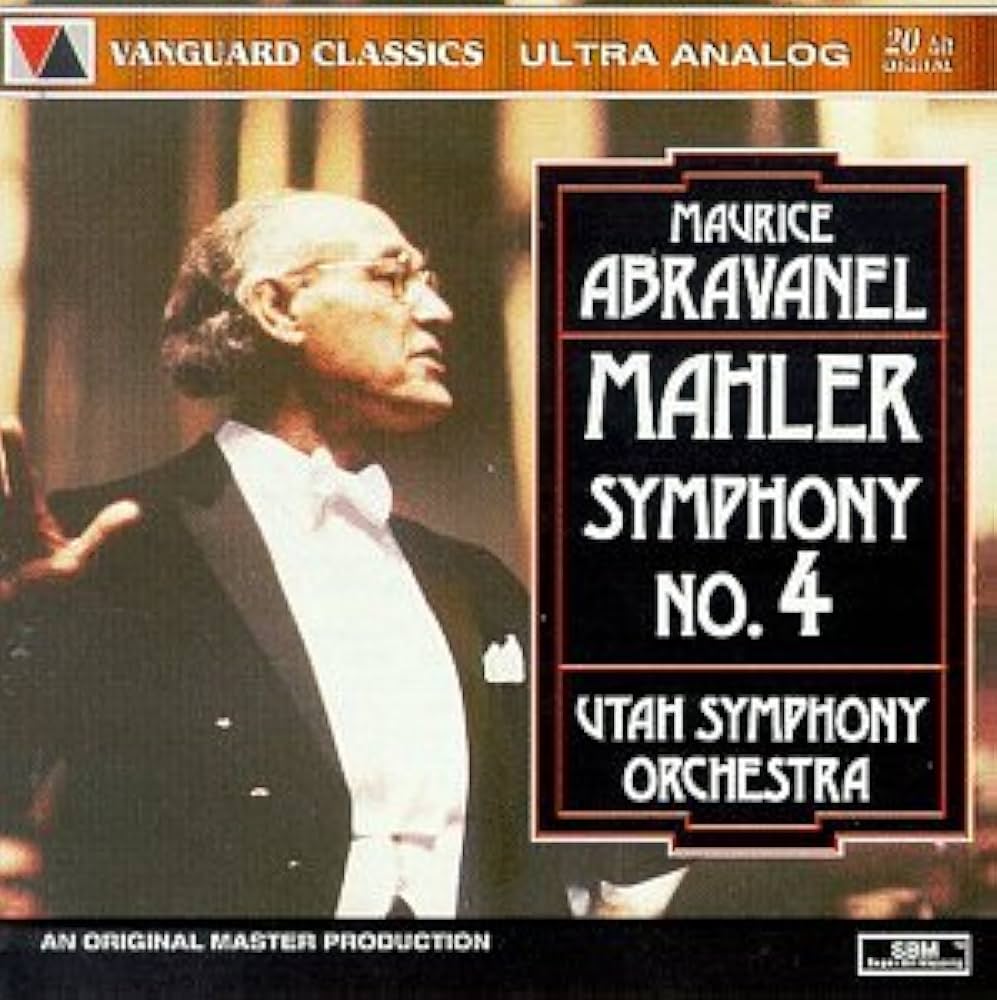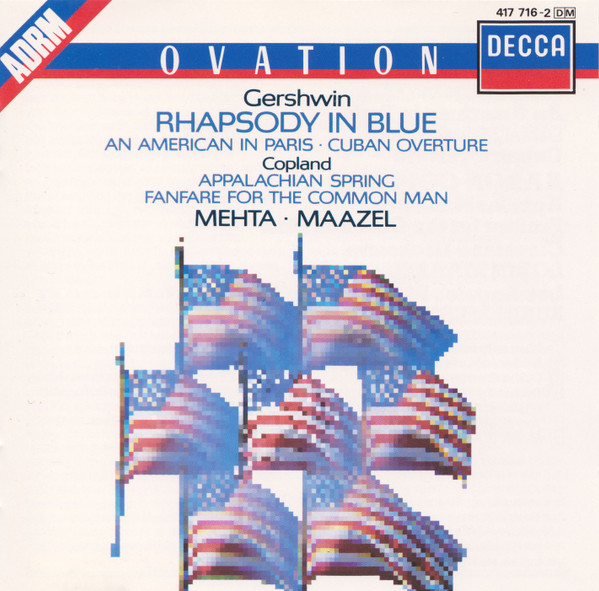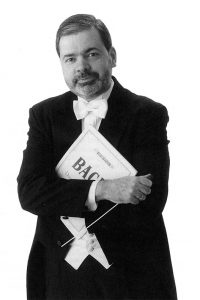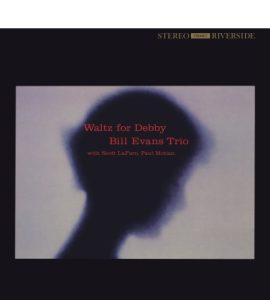Bach, O Jesu Christ, meins Lebens Licht, BWV 118; WERT: Egressus Jesus a 7 (arr. Praetorius). Choristers of New College, Oxford; Fretwork; Taverner Consort/Andrew Parrott. Avie AV 2619. TT: 11.13.
This EP marks the fiftieth anniversary of the Taverner Consort, reflecting not only its intrepid exploration of repertoire and historical practice, but its collaborations with other "period" ensembles. (No idea whether this will be a down payment on a full-length program or remain a stand-alone.)
Bach's four-minute choral "motetto" with instrumental accompaniment is hardly of a piece with his longer, canonical a cappella Motets. The scoring takes in not only a brass quartet—a cornetto and three trombones—but two litui. Past performances have assigned these, problematically, to various brasses; Mr. Parrott speculates that the term may have designated an early version of C clarinet, which would make this one of the earliest scores to have used the instrument. The clarinets contribute to a reedy sonority that practically shouts Earlye Musicke, though it's more polished than the creaky sounds of yore. The chorus initially has trouble cutting through the full-bodied ensemble, but, paradoxically, they come into their own as the sonorities expand. What sounded like a flute on the final chord proves to be an unusually chiffy organ registration.
Parrott's treatment of Egressus Jesus by the Franco-Flemish composer Giaches de Wert (1535 - 1596) is even more intrepid, presenting it in an arrangement by Michael Praetorius—of Lo, how a Rose e'er blooming fame—who doubled, or tripled, the original parts by adding sets of plucked and bowed string instruments; the estimable ensemble Fretwork handles the latter expertly. The score calls for just three singers, but the tenor is clearly primus inter pares; here, Jeremy Budd sings freely, even vibrantly. The other two parts, taken by trebles from the Trinity College Choir, serve distinctly subordinate roles. All told, the variety of timbres and full textures constitute a refreshing change of pace in a Renaissance piece.
The program is apparently being offered both as a hard CD and, like most new releases, as a digital download; I've not checked, but I'm assuming that online sources will offer it at a reduced price, as has been the case with other classical EPs, like Avie's own Mysterium some months back.
stevedisque.wordpress.com/blog




